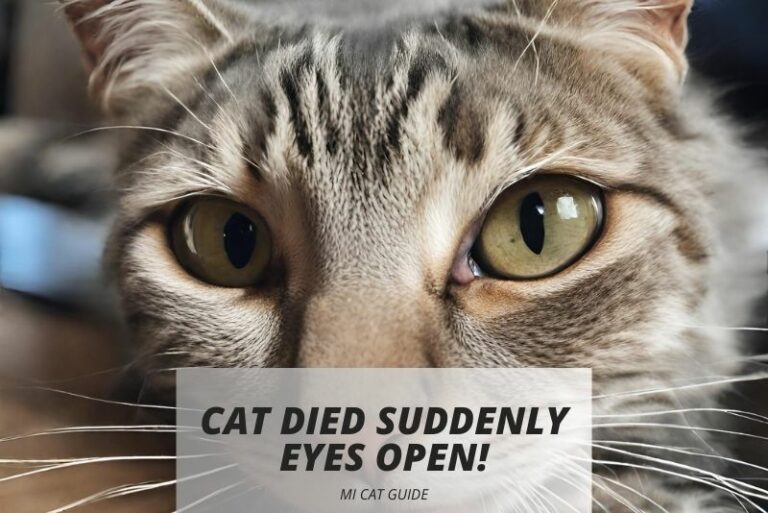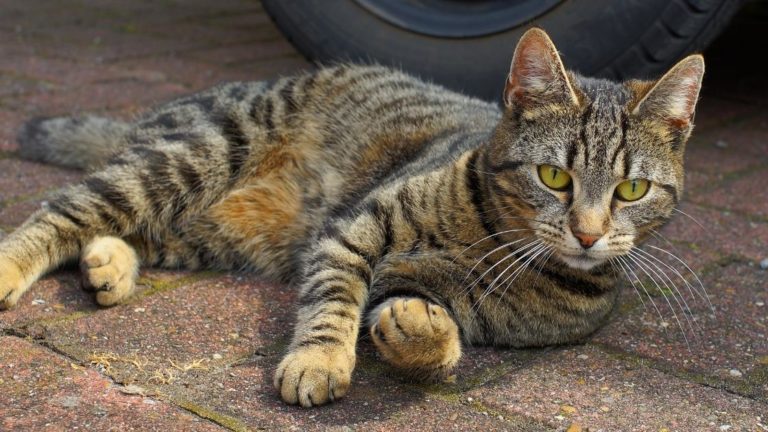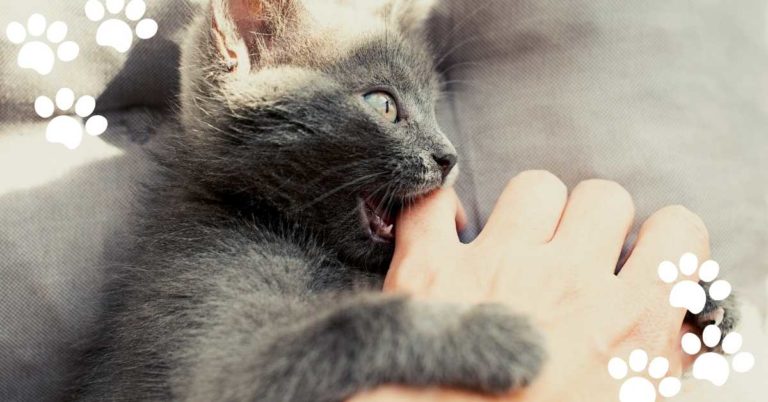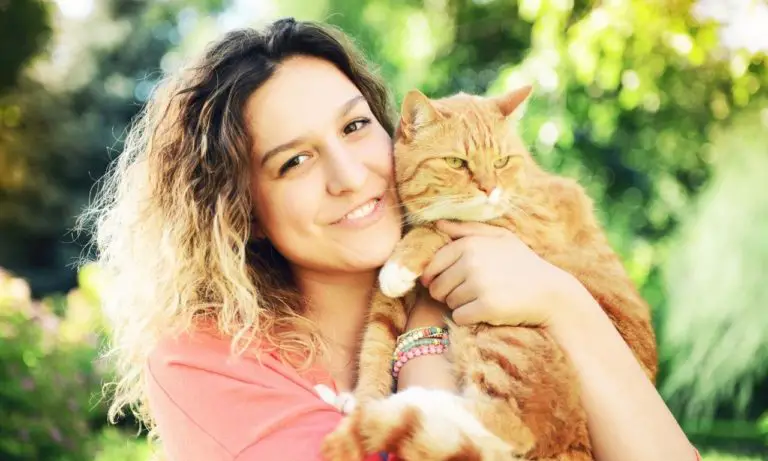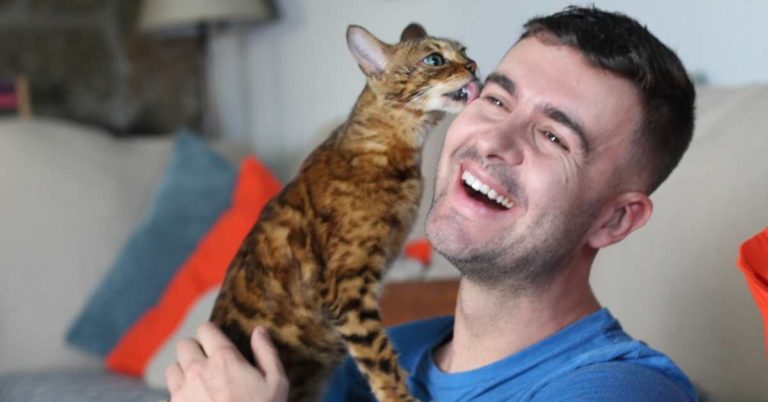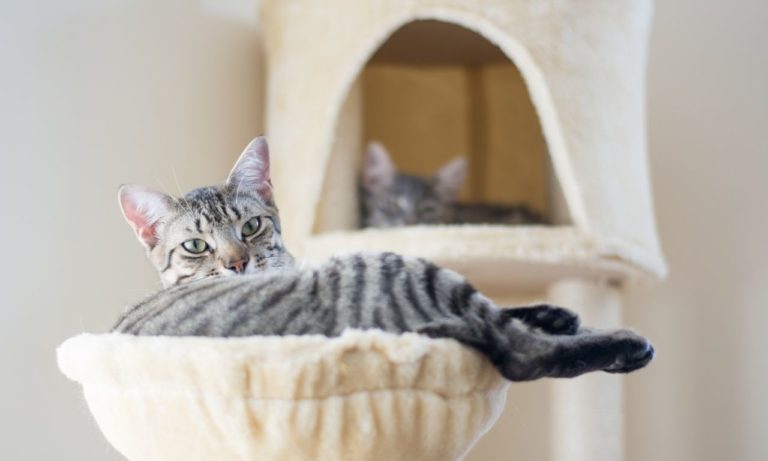Can Cats Eat Eggplant? (Is Eggplant Poisonous to Cats)
Eggplant, also known as aubergine, is a fruit that is often used as a vegetable in cooking. It is a member of the nightshade family, which includes tomatoes, potatoes, and peppers. Eggplant is native to India and has been cultivated in other parts of Asia for centuries. So, can cats eat eggplant?
No, cats should not eat eggplant/aubergine. Eggplant contains solanine, a substance that is toxic to cats and can make them very ill. This poisonous substance is found in the stems, leaves, and fruit of eggplants.
Here in this blog post, I’ll be discussing in more detail about why eggplant is poisonous to cats, what symptoms to watch out for if your cat does eat eggplant, and what you should do if your cat does consume this poisonous vegetable.
Can Cats Eat Cooked Eggplants?
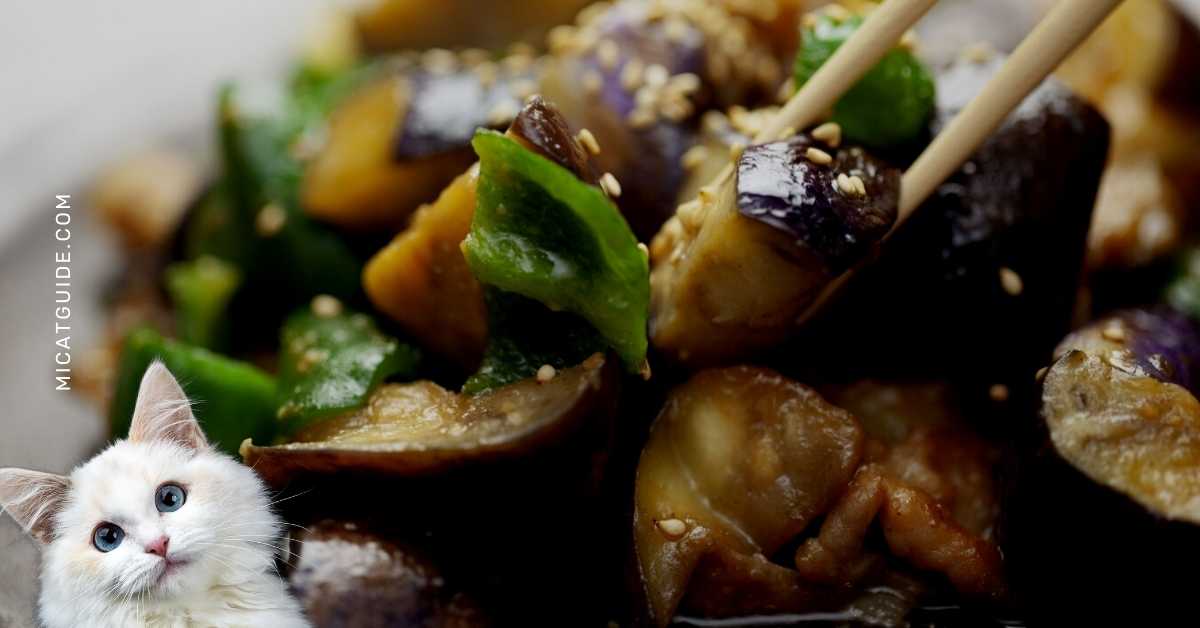
While I was doing research I found random forums and websites that said it was okay to give your cat a cooked eggplant as long as you removed the skin and seeds.
I also found other websites that said it was okay to give your cat a cooked eggplant as long as it was plain with no added spices or seasonings.
However, I could not find any credible sources (veterinarians, vet techs, or cat experts) that said it was safe to give a cooked eggplant to a cat. Therefore, I would not recommend feeding your cat cooked eggplant.
Here I discovered “Cats Vs Eggpalnt,” a hilarious YouTube video. It isn’t a food video, but you’ll laugh while watching it
Why you should not Feed Eggplant to Your Cat?
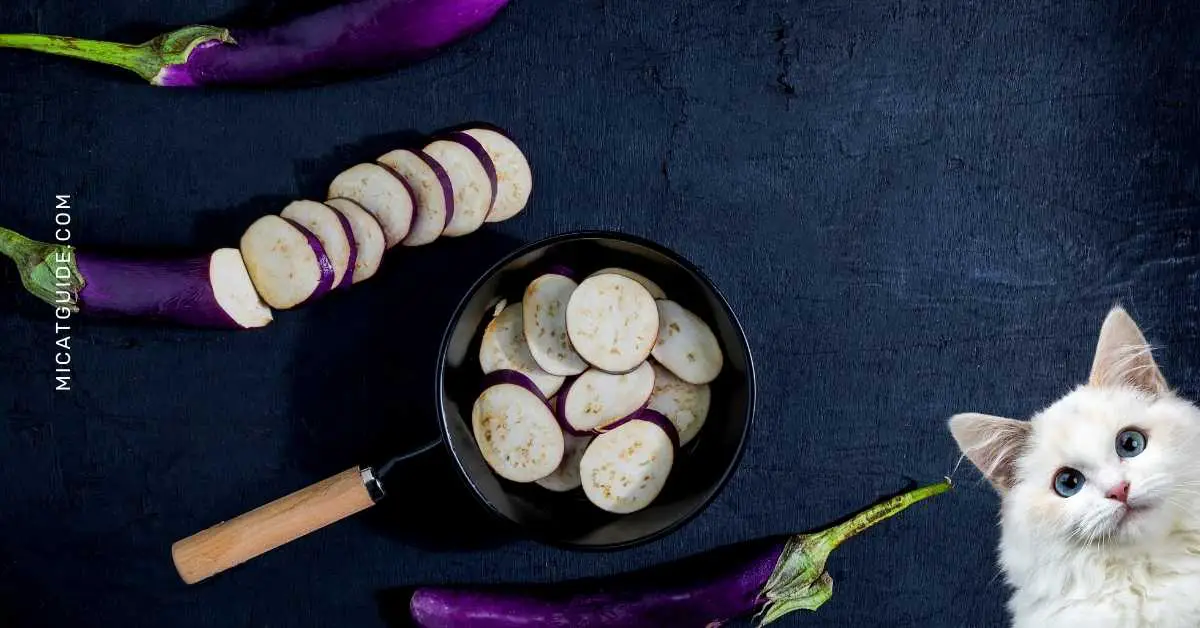
Here I’ll be discussing the three main reasons why you should not feed eggplant to your cat.
1. Eggplant Contains Solanine
As I briefly mentioned above, eggplant contains solanine, a substance that is toxic to cats.
Solanine is found in the stems, leaves, and fruit of eggplants. When eggplants are still young, solanine helps protect the plant from pests and disease.
However, this substance is poisonous to cats (and humans) and can make them very ill. Solanine works by depressing the central nervous system and causing gastrointestinal upset.
2. Eggplant Also Contains Oxalic Acid
In addition to solanine, eggplant also contains oxalic acid. This substance can bind with calcium in the blood and form calcium oxalate crystals.
These crystals can then deposit in the kidney and bladder and cause urinary tract problems.
3. Eggplant is a Fattening Vegetable
While eggplant is not necessarily high in calories, it is a very fattening vegetable. This is because eggplant contains a lot of water and fiber, which can make your cat feel full without providing any nutritional value.
In addition, eggplant also contains a lot of sugar. Cats who consume too much sugar can develop obesity, diabetes, and other health problems.
What are the Symptoms of Eggplant Poisoning in Cats?
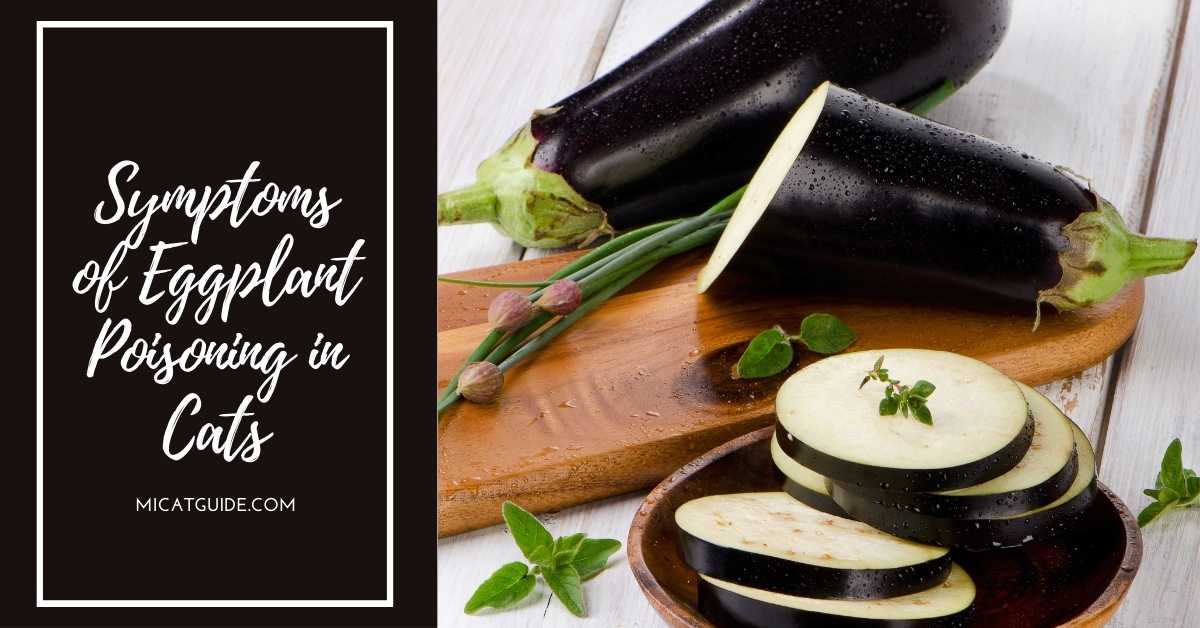
The symptoms of eggplant poisoning in cats can vary depending on how much solanine your cat has consumed. Here I’ll list some of the more common symptoms of eggplant poisoning in cats.
1. Gastrointestinal Upset
The most common symptom of eggplant poisoning in cats is gastrointestinal upset. This can include vomiting, diarrhea, and abdominal pain.
2. Central Nervous System Depression
Solanine can also depress the central nervous system, causing symptoms such as weakness, lethargy, and tremors.
3. Calcium Oxalate Crystals
If your cat consumes too much oxalic acid, they may develop calcium oxalate crystals in their kidney and bladder. These crystals can cause urinary tract problems such as urinary blockage or infection.
4. Obesity
Eggplant is a very fattening vegetable, and cats who consume too much of it can develop obesity. Obesity can lead to other health problems such as diabetes and joint problems.
5. Sugar Addiction
Cats who consume too much sugar can develop a sugar addiction. This addiction can lead to begging behavior, weight gain, and other health problems.
How to Treat Eggplant Poisoning in Cats?
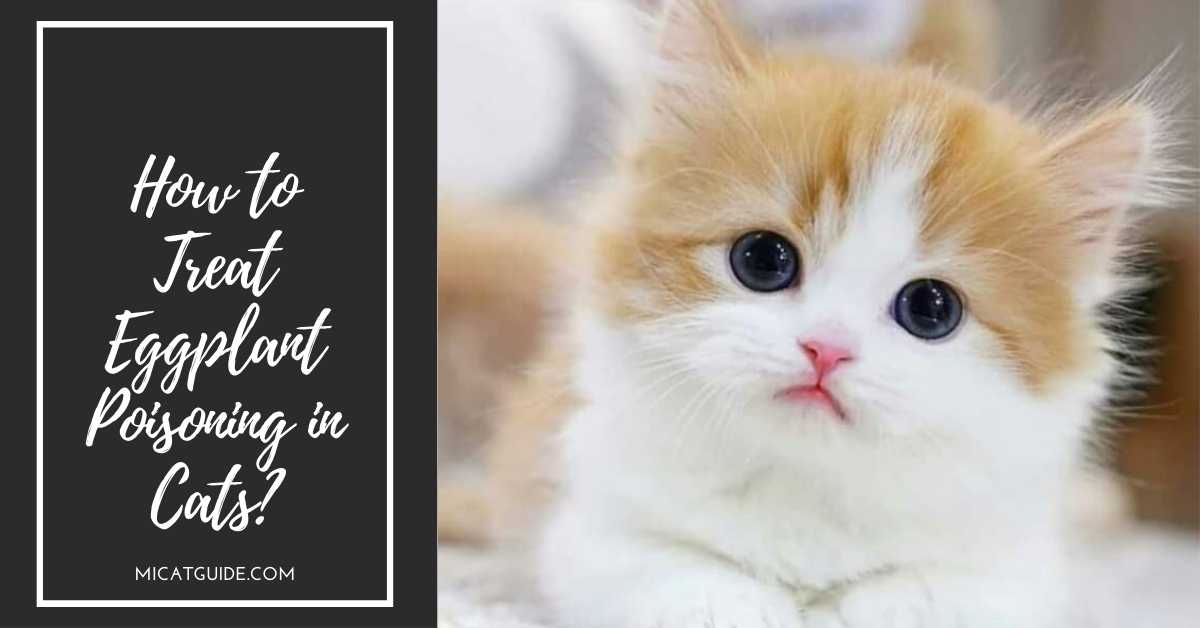
If you’re straight land at this section, it means your cat has already ate eggplant and you’re trying to figure out what to do. Here I’ll give you some tips on how to treat eggplant poisoning in cats.
1. Call Your Veterinarian
If you think your cat has eaten eggplant, the first thing you should do is call your veterinarian. They will be able to tell you whether or not your cat is at risk for eggplant poisoning and what symptoms to look for.
2. Induce Vomiting
If your cat has only eaten a small amount of eggplant, your veterinarian may recommend inducing vomiting. This will help to remove the eggplant from your cat’s system before it can cause any damage.
3. Give Your Cat Fluid Therapy
If your cat has consumed a large amount of eggplant, they may need to be hospitalized and given fluid therapy. This will help to flush the eggplant out of their system and prevent dehydration.
4. Monitor Your Cat’s Symptoms
If your cat has eaten eggplant, it’s important to monitor them for any symptoms of poisoning. These symptoms can include vomiting, diarrhea, abdominal pain, lethargy, and tremors. If you notice any of these symptoms, call your veterinarian immediately.
5. Prevent Your Cat from Eating Eggplant
If your cat has eaten eggplant, it’s important to prevent them from eating it again in the future. This means keeping eggplant out of reach and not feeding them table scraps that contain eggplant. You should also consider switching to a cat food that does not contain eggplant as an ingredient.
Alternatives to Eggplant for Cats
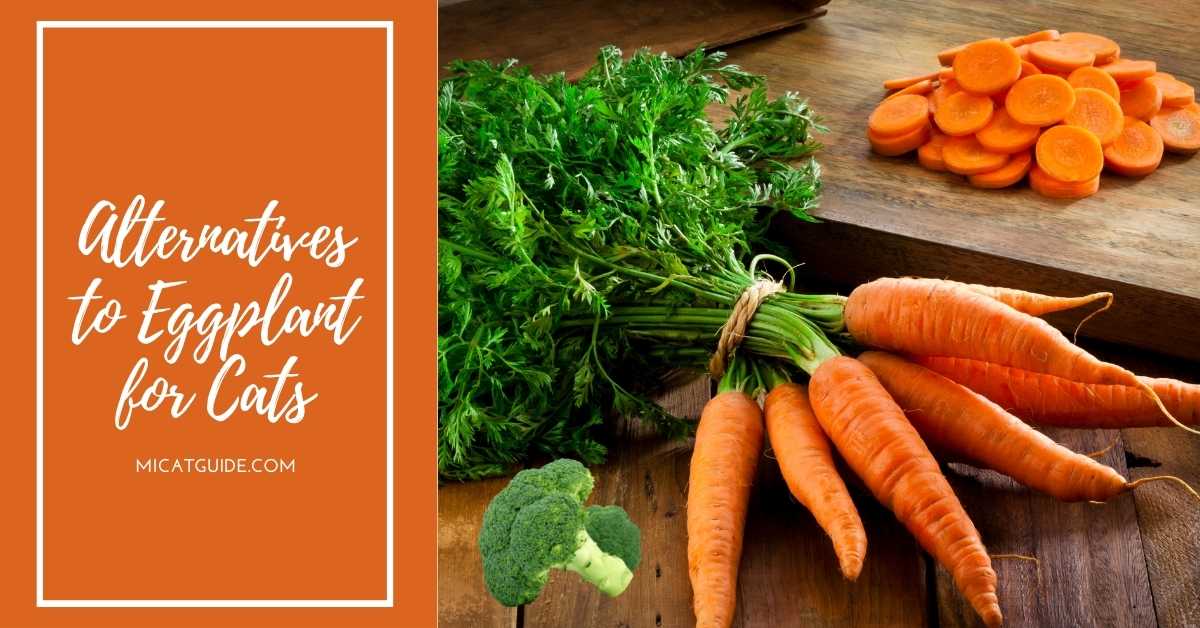
So you’re now thinking “If eggplant is so bad for cats, what can I feed them instead?” Here are some alternatives to eggplant for cats.
1. Carrots (my cat loves these)
Yes, it’s always my go-to solution for everything, but carrots are a great alternative to eggplant for cats. They are packed with nutrients and fiber, and they are low in sugar.
2. Broccoli (my cat loves this too actually)
Did I just hear a collective groan? I know, I know, broccoli is not everyone’s favorite vegetable. But it is a great alternative to eggplant for cats. It is packed with nutrients and fiber, and it is low in sugar.
3. Cauliflower (great for a quick snack)
People who don’t like broccoli usually don’t like cauliflower either. But it is a great alternative to eggplant for cats. It is packed with nutrients and fiber, and it is low in sugar.
4. Green Beans (a personal favorite)
Green beans are a great alternative to eggplant for cats. They are packed with nutrients and fiber, and they are low in sugar. Plus, most cats love them!
5. Sweet Potatoes (sweet and nutritious)
Sweet potatoes are a great alternative to eggplant for cats. They are packed with nutrients and fiber, and they are low in sugar. Plus, they have a sweet taste that most cats love.
There are many other vegetables that are safe for cats to eat, but these are some of the best alternatives to eggplant.
The Summary
I hope this article has helped you to understand why eggplant is bad for cats and what alternatives you can feed them instead. Remember, if you think your cat has eaten eggplant, call your veterinarian immediately. And be sure to keep eggplant out of reach in the future.
Have you ever fed your cat eggplant? Let us know in the comments below!

